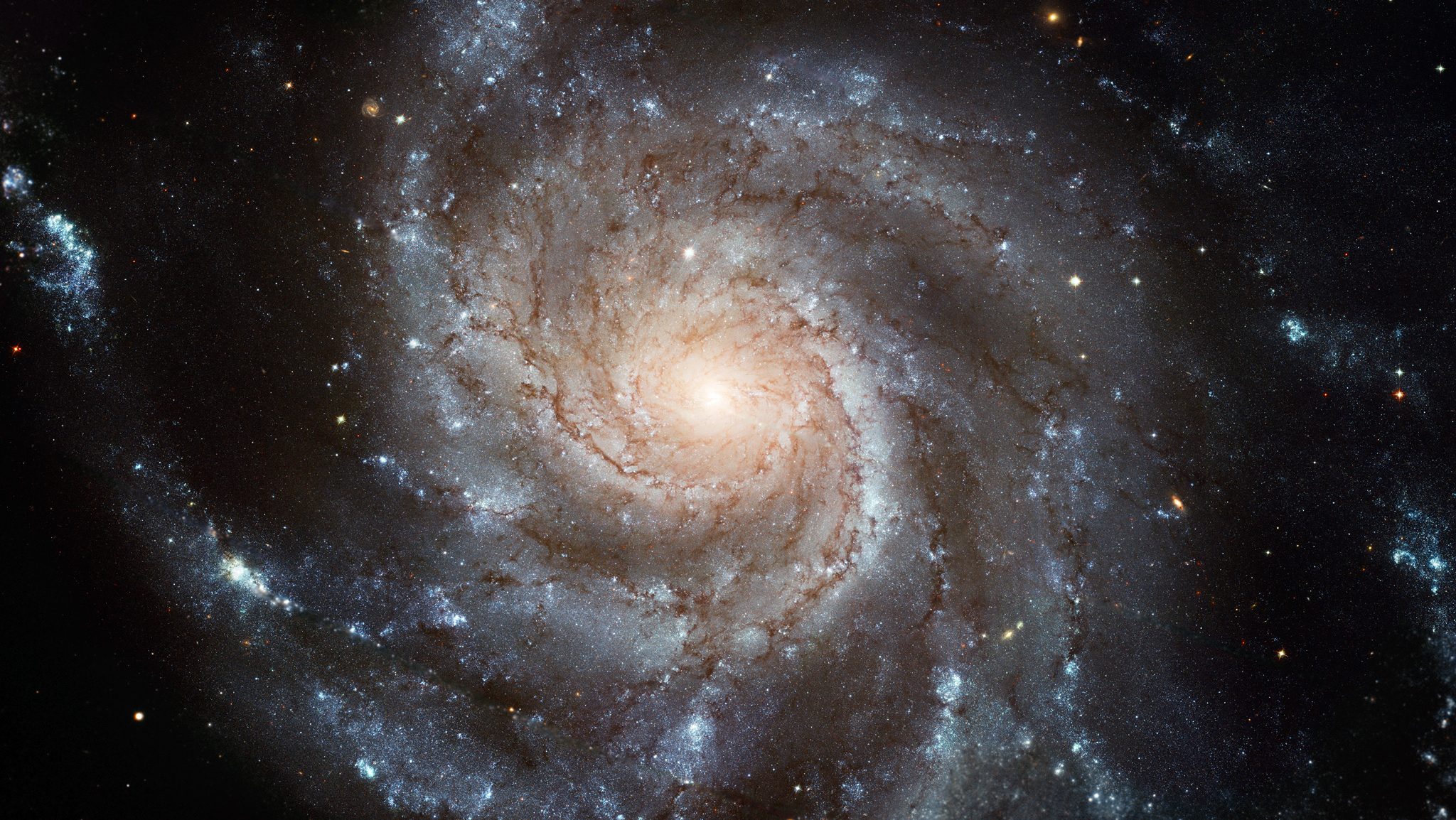How Loneliness Can Harm Your Health

What’s the Latest Development?
University of Chicago psychologistJohn Cacioppo has found that social isolation hurts our ability to self-regulate, driving us to eat poorly and exercise less. “In one experiment, participants made to feel socially disconnected ate many more cookies than those made to feel socially accepted. In a real-life study of middle-aged and older adults in the Chicago area, Dr. Cacioppo and colleagues found that those who scored high on the U.C.L.A. Loneliness Scale, a widely used psychological assessment, ate substantially more fatty foods than those who scored low.” The pleasure we derive from fat and sugar compensates for our feelings of emotional lack.
What’s the Big Idea?
Crucially, it is how we perceive our level of social engagement that determines whether we feel lonely or not. Divorced people, for example, often report feeling lonelier in marriage than out, and people who live alone may have a network of friends outside the home to stabilize them. At base, humans are social creatures, so practicing random acts of kindness, for example, is just the sort of behavior that will pay dividends for your mental and physical health. Such actions can result in what Dr. Cacioppo calls the “helper’s high,” establishing new friendships and countering a feeling of aloneness.
Photo credit: Shutterstock.com





